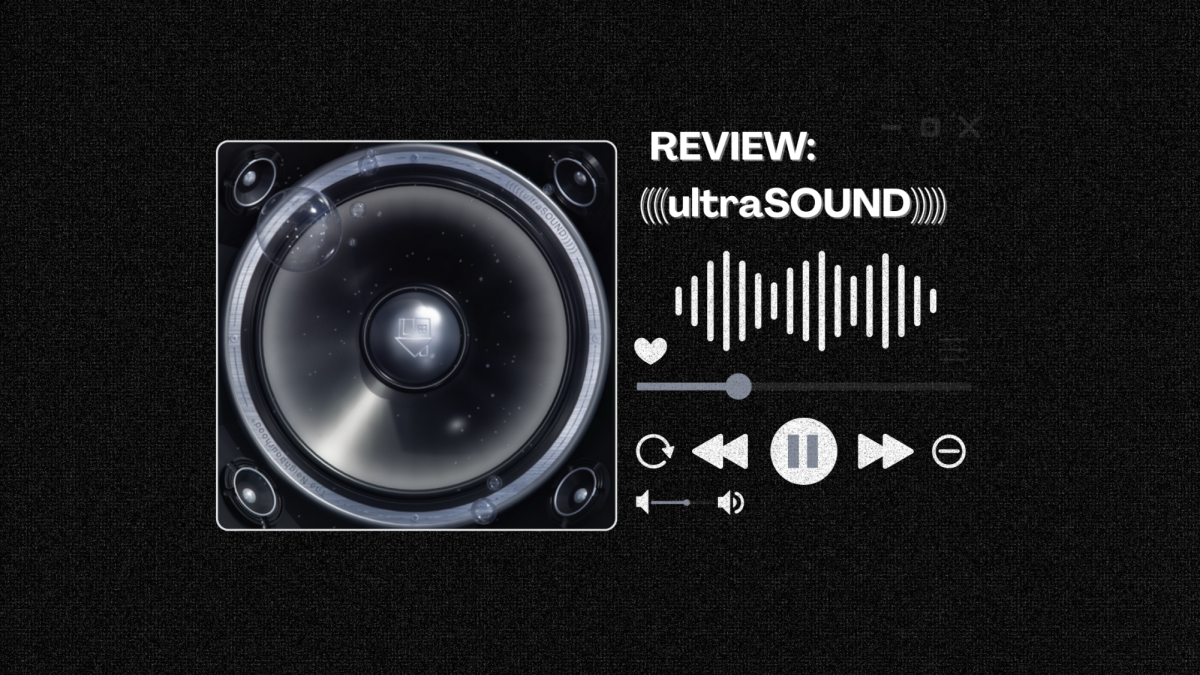NCAA only has itself to blame for corruption
September 13, 2011
The past few years have seen a multitude of A-list college football stars get stripped of accolades and respect.
Reggie Bush was stripped of his Heisman Trophy (though he still has not returned it), University of Southern California was prohibited from Bowl games, Jim Tressel was fired from Ohio State University – one of the most prestigious coaching jobs in the country, and University of Miami had years worth of skeletons dug up, but was punished as if it had a get-out-of-probation-free card.
No matter what you think about the players and schools (an entitled, arrogant football player; a school of rich white kids and arrogant football players; an old conniving coach and a “U” of out-of-control gangsters, in that order), they are really not to blame for college football’s corruption issues.
The bigger issue lies with the NCAA itself. Has anyone else noticed these punishments have only come down after Yahoo! Sports has done some stellar investigative work? Why is an absurdly-named website policing what should be the NCAA’s jurisdiction?
Because the NCAA has no reason to voluntarily expose and punish its own product.
College football makes millions of dollars a year thanks to the excitement its best athletes and programs bring to fans.
Some think the solution is paying the players. The tired argument goes something like this: Players are the main draw for college football (wrong) and they deserve to get a share of the money that the NCAA makes (more wrong).
The main draw for college football is the schools. The schools are like brands and they inspire more local pride than professional teams. No one attended Detroit Lions University. So when the Lions suck, fans willingly abandon them. But everyone who attended the University of Michigan is going to feel a personal connection to the school and therefore be at least somewhat invested in the team no matter what. It’s almost impossible not to attach your ego to your school’s athletic success.
The players are interchangeable. Sure, some (Tim Tebow) are better than others (Rex Grossman) – unless you’re talking about the NFL, in which case the exact opposite is true – but in the end, the players leave and the school moves on.
Plus, it’s not like players have it bad. Any player of consequence on a Division I football team is likely attending that school by way of scholarship – and that doesn’t just mean paid tuition. It means free meals, free room and board and oftentimes myriad perks that are normally only bestowed on the whitest of white kids. Laptops, clothes and access to private gyms are all privileges given to many of the student athletes punished in NCAA sanctions.
Adding money to the mix will not solve a thing. Players succumb to agents and the agents’ cronies because they are given cars, plane tickets, women and the promise of a lucrative future. They are given far more than what colleges would be able to pay them. Players are lured by their own greed and skewed perspective.
College football players need to realize the opportunity they are given, and instead of trying to cash in on the immediate carnal temptations, they should appreciate the rare position in which their talent has placed them.
But if they don’t, it’s understandable. These are mainly young poor kids.
The real blame rests solely on the shoulders of the NCAA. If the NCAA really cared about the purity of its game (one of its main selling points) it would take its policies seriously.
Do you really believe an outside publication had access to more information than the NCAA? Or do you believe the information was ignored by those in the NCAA who had access to it?
Yeah, that’s what I thought.
Despite making millions, there is nothing professional about the way the NCAA conducts business.
Dante Geoffrey can be reached at asports@statehornet.com. You can follow him on Twitter: @dantegeoffrey.
































































































































